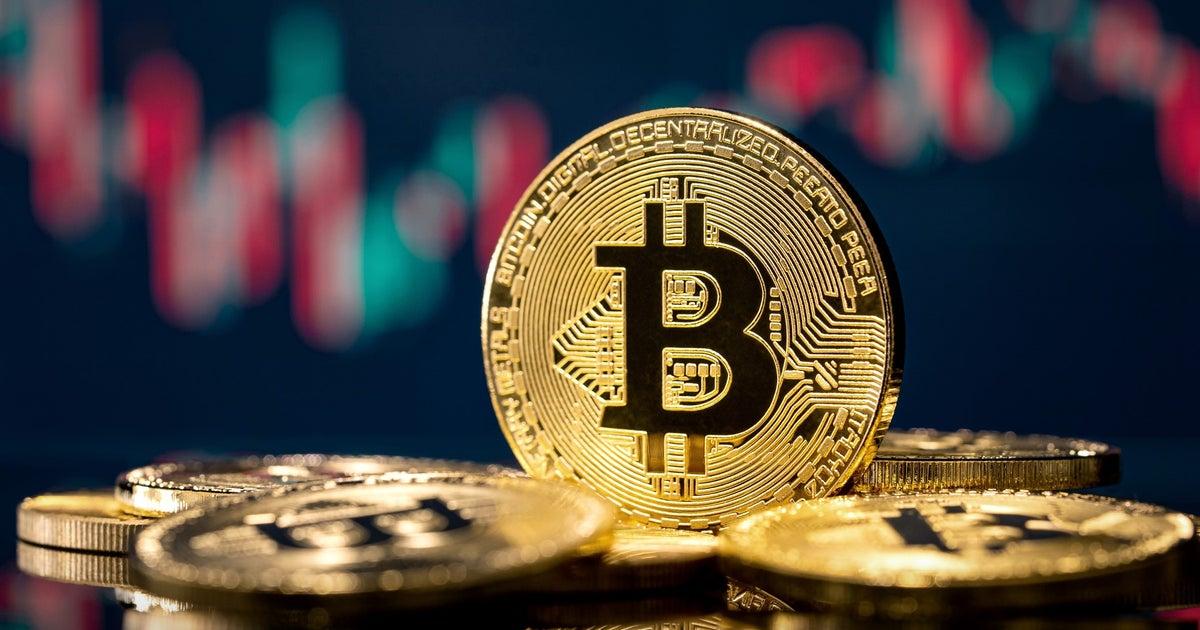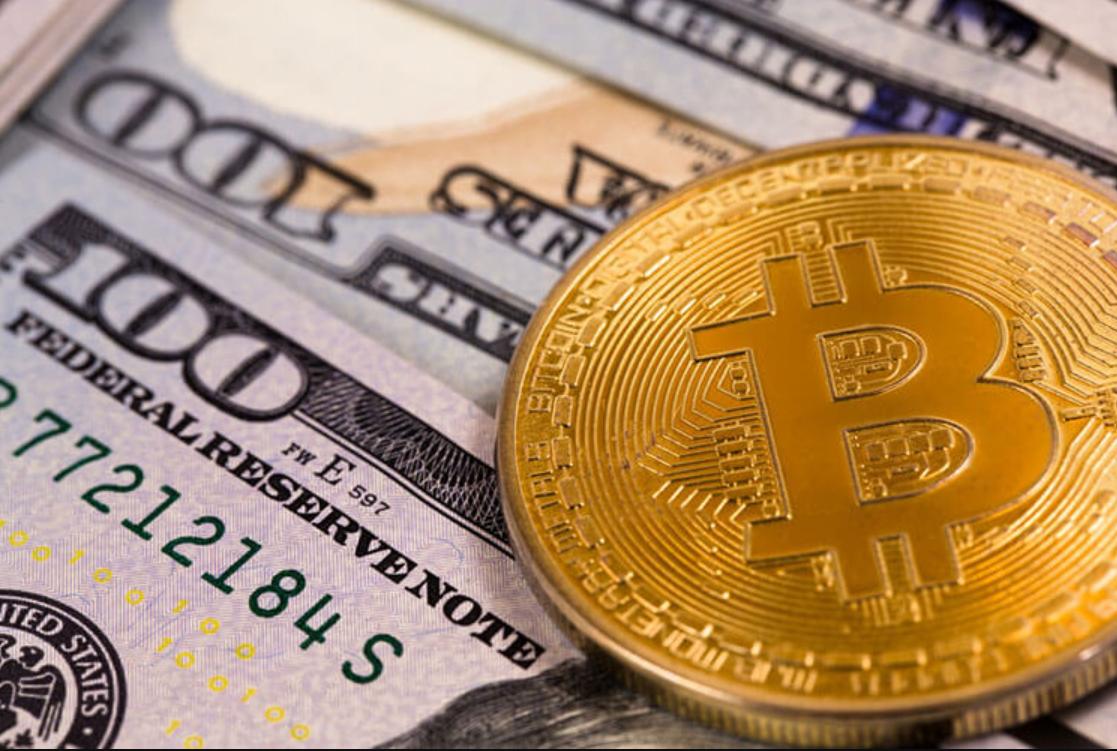Japan's Tax Changes to Propel Digital Asset Investments
Japan's Tax Changes to Propel Digital Asset Investments
Japan is stepping up its game in the digital asset arena, preparing to reshape its tax landscape to become more appealing to investors in digital currencies. A proposed flat 20% tax rate on capital gains from digital asset investments could replace the hefty taxes of up to 55% currently classified under "miscellaneous income." This strategic shift represents more than just fiscal adjustment; it's a comprehensive transformation of how Japan views and regulates the digital asset ecosystem.
The Financial Services Authority (FSA) seeks to recategorize digital assets as "financial products" under the Financial Instruments and Exchange Act. This fundamental shift from being labeled merely as "payment methods" paves the way for digital assets to be treated like stocks, with possibilities for local ETFs and more freedom for companies to invest in them. These changes aren't merely administrative but signify a possible inclusion of digital assets in established investment portfolios across the nation.
Japan's Cautious but Open Approach to Blockchain
Japan has always approached blockchain and digital assets with great interest but with appropriate caution. After the notorious Mt. Gox incident in 2014, instead of banning digital assets, Japan chose a path of regulation and structure. This measured approach has since permitted Japanese platforms to work within a framework that aims to prevent catastrophic failures while fostering innovation and growth in the sector.
The country has established stringent but fair reporting and inspection norms for exchanges, thus coping with market challenges and reducing the risks of future problems similar to Mt. Gox. Japan's meticulous regulatory approach stems from past learnings, yet it has embraced the advent of blockchain technology instead of turning away from this transformative sector.
Recent comments by Finance Minister Katsunobu Kato at a Tokyo blockchain event further illustrate the positive shift in tone. Declaring digital assets as a relevant part of a diversified portfolio while maintaining a balanced regulatory environment shows Japan's commitment to innovation without stifling growth. This outlook aligns with the need to appeal to a younger voter base and retain Japan's stature as a leading global financial hub.
Stablecoins as Economic Catalysts
The lack of stablecoins denominated in Japanese yen has been a particular challenge, but change is brewing. JYPC's potential authorization to issue JPY 1 trillion in stablecoins could transform the financial landscape significantly. This initiative, inspired by models like Tether, paints a future where stablecoins might contribute substantially to the fiscal ecosystem by supporting government debt and creating new financial avenues.
Aligning with global trends, where many countries view stablecoins as viable alternatives to central bank digital currencies, this move could enhance national economic rejuvenation through digital technology. Stablecoins may serve as the digital catalyst the economy needs to engage investors, maintain a competitive edge as an international financial centerpiece, and embrace the exciting potential of digital finance.
Political Motivations and Strategic Economic Vision
The political landscape in Japan is creating significant implications for the digital asset sector. As the ruling Liberal Democratic Party grapples with shrinking influence, evidenced by recent electoral challenges, there's an undeniable push to rekindle appeal, particularly among younger, tech-savvy voters. Embracing digital assets aligns with this mission, portraying a modern, innovative political persona that resonates with evolving demographics.
This initiative represents a strategic maneuver steeped in political motivations and economic foresight. The government recognizes that digital assets are not just investing tools but critical components of Japan's broader economic strategy for maintaining relevance on the world stage. By potentially introducing comprehensive stablecoin frameworks and favorable tax structures, Japan positions itself to attract both domestic and international investment.
Currently, digital assets in Japan face classification challenges that subject them to prohibitive taxation rates. The revised definitions aim to align digital assets with traditional financial products, offering established firms increased flexibility to incorporate these digital instruments into their investment strategies. This reclassification could unlock tremendous potential for local exchange-traded funds and portfolio diversification opportunities.
The burgeoning enthusiasm towards blockchain and digital assets, while maintaining appropriate oversight, reflects Japan's adaptive approach to emerging technologies. Finance Minister Kato has notably contributed to this positive outlook by endorsing digital assets as viable components of diversified investment portfolios. While acknowledging concerns around volatility, he emphasized the importance of balanced regulations that nurture innovation rather than stifle technological advancement.
Japan's quest to remain at the forefront of global finance and technology showcases an evolution that particularly resonates with younger voters who are increasingly pivotal to the nation's political landscape. These comprehensive reforms signal that Japan is ready to embrace digital assets as integral elements of its financial future, creating an environment where innovation can flourish while maintaining the regulatory safeguards necessary for investor protection and market stability.
https://coingeek.com/japan-plans-tax-changes-to-boost-digital-asset-investment/







